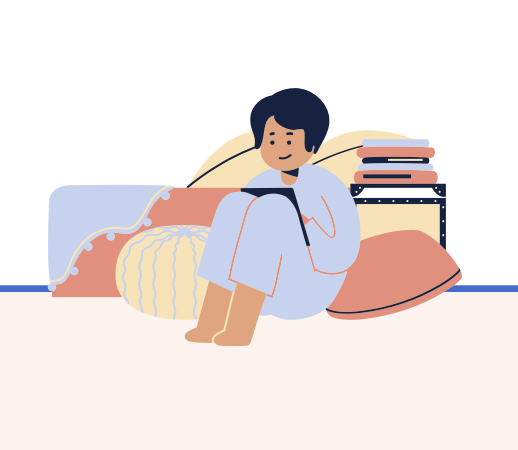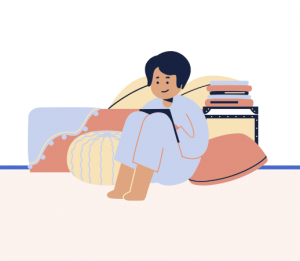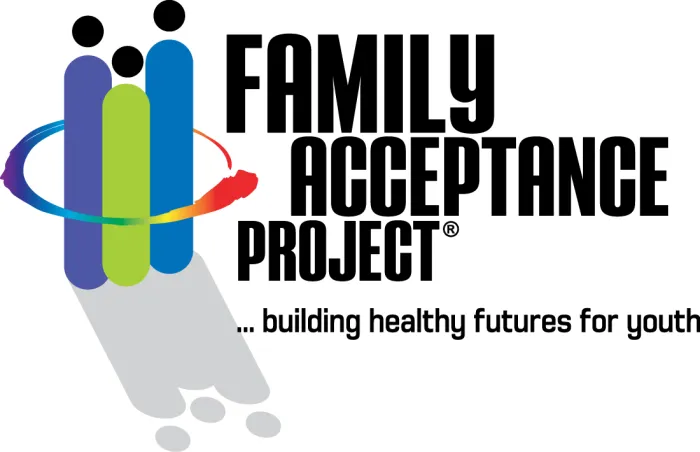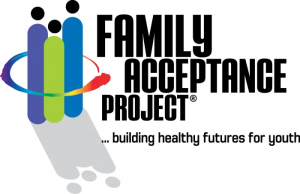Disability Disclosure and the Americans with Disabilities Act (ADA)
 Deciding if, when, and how to share disability-related information with a prospective or current employer can be overwhelming. The decision-making process requires answering a number of personal questions that may be different with each employment experience. Read more ›
Deciding if, when, and how to share disability-related information with a prospective or current employer can be overwhelming. The decision-making process requires answering a number of personal questions that may be different with each employment experience. Read more ›


 Serving customers across the United States and around the world for more than 35 years, the
Serving customers across the United States and around the world for more than 35 years, the 
 More and more high school students with disabilities are planning to continue their education in postsecondary schools, including vocational and career schools, two- and four- year colleges, and universities.
More and more high school students with disabilities are planning to continue their education in postsecondary schools, including vocational and career schools, two- and four- year colleges, and universities.
 If you have depression, post-traumatic stress disorder (PTSD), or another mental health condition, you are protected against discrimination and harassment at work because of your condition, you have workplace privacy rights, and you may have a legal right to get reasonable accommodations that can help you perform and keep your job.
If you have depression, post-traumatic stress disorder (PTSD), or another mental health condition, you are protected against discrimination and harassment at work because of your condition, you have workplace privacy rights, and you may have a legal right to get reasonable accommodations that can help you perform and keep your job. 
 Under the Americans with Disabilities Act (ADA) and other nondiscrimination laws, most employers must provide “reasonable accommodations” to qualified employees with disabilities. Many employers are aware of different types of accommodations for people with physical and communication disabilities, but they may be less familiar with accommodations for employees with disabilities that are not visible, such as mental health conditions.
Under the Americans with Disabilities Act (ADA) and other nondiscrimination laws, most employers must provide “reasonable accommodations” to qualified employees with disabilities. Many employers are aware of different types of accommodations for people with physical and communication disabilities, but they may be less familiar with accommodations for employees with disabilities that are not visible, such as mental health conditions. 
 Support from schools can improve elementary and secondary students’ math, reading, and other language skills. But how can people with learning disabilities prepare for the demands of university or working life?
Support from schools can improve elementary and secondary students’ math, reading, and other language skills. But how can people with learning disabilities prepare for the demands of university or working life? 
 High-quality digital resources can play a part in improving and maintaining mental and emotional health. Some are meant to be used independently, and others can be a valuable complement to professional care.
High-quality digital resources can play a part in improving and maintaining mental and emotional health. Some are meant to be used independently, and others can be a valuable complement to professional care.
 Each year,
Each year, 
 Technology has changed the way we interact with each other. Social media puts other people just keystrokes away. This helps some feel like they have more social support. But for others, it can increase isolation and depression.
Technology has changed the way we interact with each other. Social media puts other people just keystrokes away. This helps some feel like they have more social support. But for others, it can increase isolation and depression. 
 Research from the Family Acceptance Project® shows that families play a critical role in contributing to serious health risks & promoting well-being for LGBTQ young people.
Research from the Family Acceptance Project® shows that families play a critical role in contributing to serious health risks & promoting well-being for LGBTQ young people.

